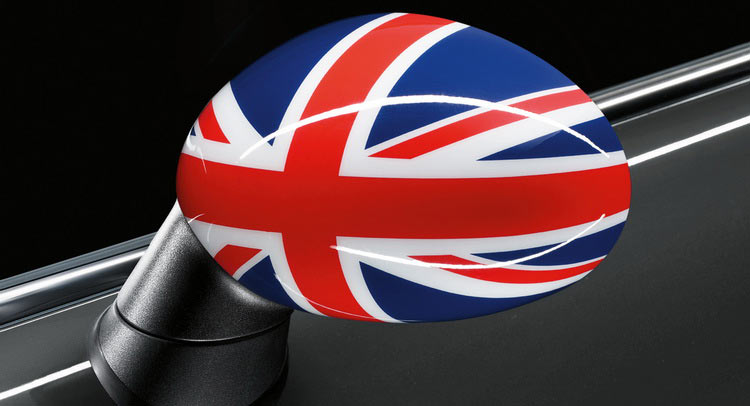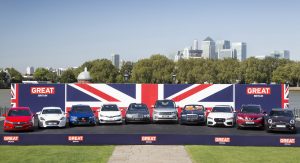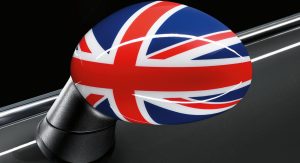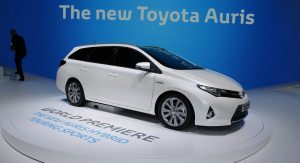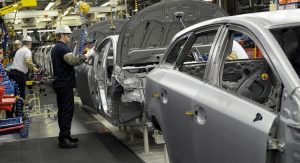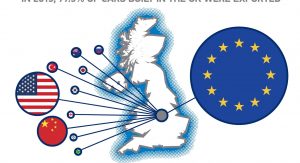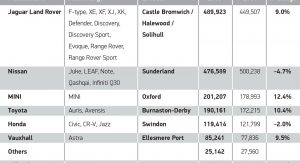The pollsters got it all wrong, didn’t they? It might have been a close call, but eventually nearly 52 percent of 33 million voters on the referendum decided they want the UK to leave the EU; and already, lots of issues are raised.
The British automotive industry is one of the first to feel the repercussions of yesterday’s result, and what happens next could affect both the country’s economy as well as the future of no less than almost 800,000 people employed by the wider industry in their UK plants.
When the question of the referendum was first raised, earlier this year, the Society of Motor Manufacturers & Traders (SMMT), which represents all major auto manufacturers, spoke out in favor of remaining in the EU.
“The message from UK Automotive is clear: being in Europe is vital for the future of this industry and to secure jobs, investment and growth”, SMMT CEO Mike Hawes said at the time. “UK Automotive is thriving, with record car exports and new registrations and the highest manufacturing levels for a decade. Our members have stated that pulling out of Europe could jeopardize this.”
In 2015, a record 1.5 million cars were produced in the UK, and 57 percent of them were exported to EU countries. Being a member of the Union means that there are no tariffs, while countries also share the same product standards, but if Britain were to leave, this would change, as new trade agreements and regulations would have to be agreed upon between the two parties.
The situation gets even more complex as all major manufacturers are either owned by or local subsidiaries of foreigners, the vast majority of them Asian and saw their stock drop substantially today after the referendum outcome. Toyota has been there for half a century; Nissan employs 8,000 people and is the largest, with 475,000 cars made last year, of which a staggering 80 percent were exported to the EU.
CEO Carlos Ghosn had previously stated that, in the case of a Brexit, production at its Sunderland plant would be “examined on a case-by-case basis”, a sentiment echoed by Toyota, Honda, Ford, General Motors, the VW Group and Jaguar Land Rover, none of whom wants to operate in an uncertain environment.
Not everyone is of the same mind, though. For example, the Daily Express reports Aston Martin CEO Andy Palmer told the brand’s 1,800 employees that “a potential negative effect on UK GDP growth would likely be offset in part by the depreciation in the pound, making our exports more competitive”. Speaking for AM, he could be right, but for the rest it is not that simple. New trade agreements would have to be made, both for exports and imports, and no one knows how long the negotiations would last or how they would pan out.
Things, of course, are far from over. The British PM, David Cameron, might have resigned, yet even if the House of Lords were to ratify it, it would take at least two years before it comes into effect, maybe even more. Better not jump into conclusions so fast, then.



